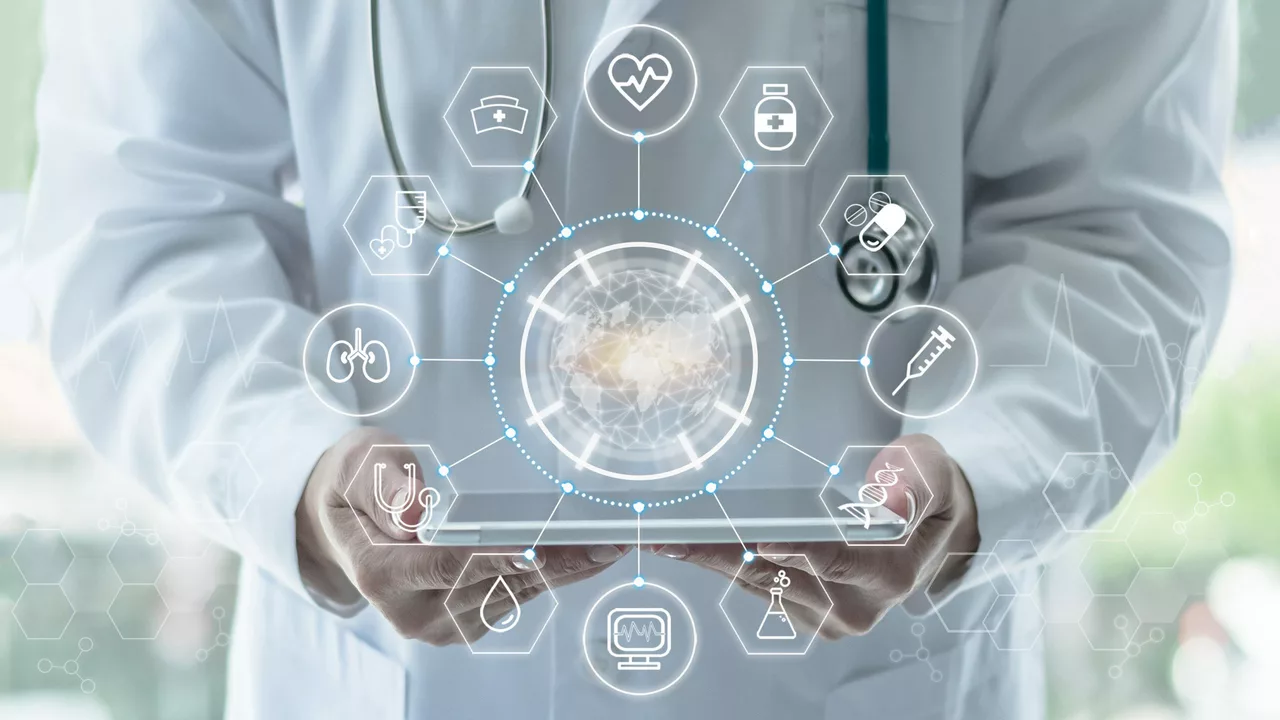Medical advancements: what's new and what matters
Medical advancements are changing how we prevent, diagnose, and treat illness. New drugs, smart devices, and faster trials mean options arrive faster than before. But more options can be confusing. This page helps you spot the advances that matter and use them safely.
Watch for three things when you hear about a new treatment: real clinical results, safety data, and access. Real clinical results mean randomized trials with clear outcomes - like lower hospitalization or proven symptom relief. Safety data includes side effects and long-term risks. Access covers who can get the treatment, how much it costs, and whether insurance will pay.
Telemedicine and remote monitoring are among the biggest shifts people notice. Telemedicine makes doctors easier to reach for routine care and follow-ups. Remote monitoring devices - like continuous glucose monitors or blood pressure cuffs that link to your phone - catch problems early and reduce clinic visits. If you use these tools, check data privacy and who manages the readings.
Generics and biosimilars keep costs down. When patents expire, cheaper versions enter the market after regulators verify they work the same. That process is called bioequivalence for small-molecule drugs and a different set of tests for biologics. Ask your pharmacist if a lower-cost equivalent is right for you; most times it saves money without losing effectiveness.
How to evaluate new claims
If a headline promises a "miracle cure," pause. Look for peer-reviewed studies, not just press releases or promotional posts. Check the sample size, study design, and who funded the research. Independent replication by other groups is a strong signal. Also read patient reports, but weigh them against clinical evidence.
Practical tips for staying smart
Subscribe to a few trustworthy sources: national health agencies, major medical centers, or well-known journals. Use pharmacists as a resource for drug safety and interactions. When trying supplements or off-label treatments, tell your clinician - interactions and harms happen. Finally, compare options: sometimes older, cheaper drugs or lifestyle changes work as well as new, expensive treatments.
Medical advancements can improve life, but you benefit most by asking good questions, checking sources, and talking with your care team. If you want a short list of reliable sources or a checklist to evaluate a new treatment, say the word and I’ll make one for you.
Bring three things to your appointments: a list of current medicines with doses, notes on how symptoms affect daily life, and any research or articles you want to discuss. Ask clear questions: What benefit can I expect? What are the likely side effects? How will this change my daily routine? Who will track my progress?
Online pharmacies and new drugs are handy, but check credentials and reviews. Look for pharmacy licensing and clear contact info. Avoid deals that look too good - fakes exist. For supplements, seek trials or published studies and watch for interactions. If cost is a barrier, ask about patient assistance, coupons, or generic options. Your pharmacist can often find cheaper choices or point to support programs.
Ready?
As a dedicated blogger, I've been closely following the advancements in rickets research. The future looks promising with scientists working on innovative treatments and prevention strategies to combat this debilitating bone disease. They're also delving into the genetic aspects of rickets to provide a more comprehensive understanding of its causes. Additionally, stronger collaborations between researchers globally are expected, which could accelerate the development of more effective solutions. So, we can look forward to significant leaps in rickets research in the near future.
View More

